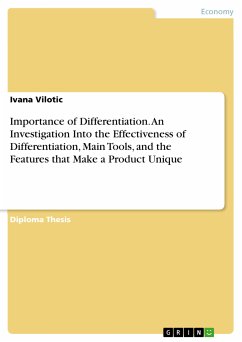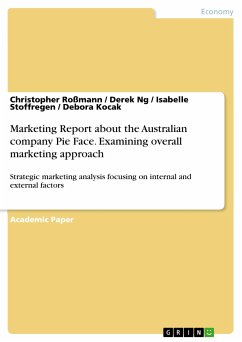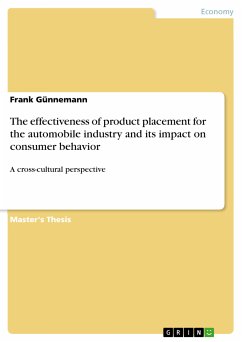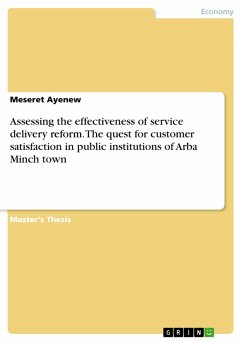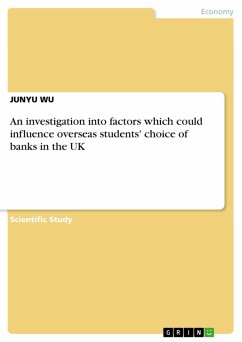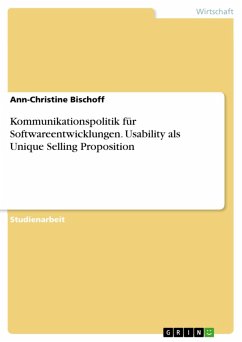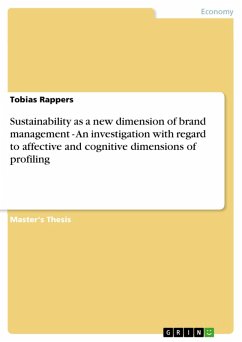Diploma Thesis from the year 2011 in the subject Business economics - Offline Marketing and Online Marketing, (International University of Applied Sciences), language: English, abstract: This paper analyzes the effectiveness of differentiation and the strategy's main instruments to further refer them to the exploration of the uniqueness of cruise tourism product features, and best case procedures regarding effective differentiation strategies in tourism sectors. Having used the combination of primary and secondary sources, the research concludes that differentiation is regarded as an effective marketing tool, preventing competition exclusively based on a product's price. It is reported that, as products converge in terms of their features, the creation of a USP becomes more essential. Different levels of a product unveil various possibilities for differentiation; and it is suggested that branding and positioning are used as applicable differentiation instruments. Although differentiation based on the core product is found out to be a common way of distinguishing cruise line products, differentiating through value added features and the product's service component are used more frequently. The findings further reveal that marketing principles are used to differentiate tourism products. Due to the tourism industry's 'me-too' market nature, branding is considered to be a valuable soft differentiation tool. Market research, brand awareness measurement, and conjoint-analyses are useful means for quantifying the product in the eyes of the customer; additionally, pricing and conditions systems can differentiate a tour operator's product in due consideration of booking periods and the number of participants.
Dieser Download kann aus rechtlichen Gründen nur mit Rechnungsadresse in A, B, BG, CY, CZ, D, DK, EW, E, FIN, F, GR, HR, H, IRL, I, LT, L, LR, M, NL, PL, P, R, S, SLO, SK ausgeliefert werden.

